Newsletter
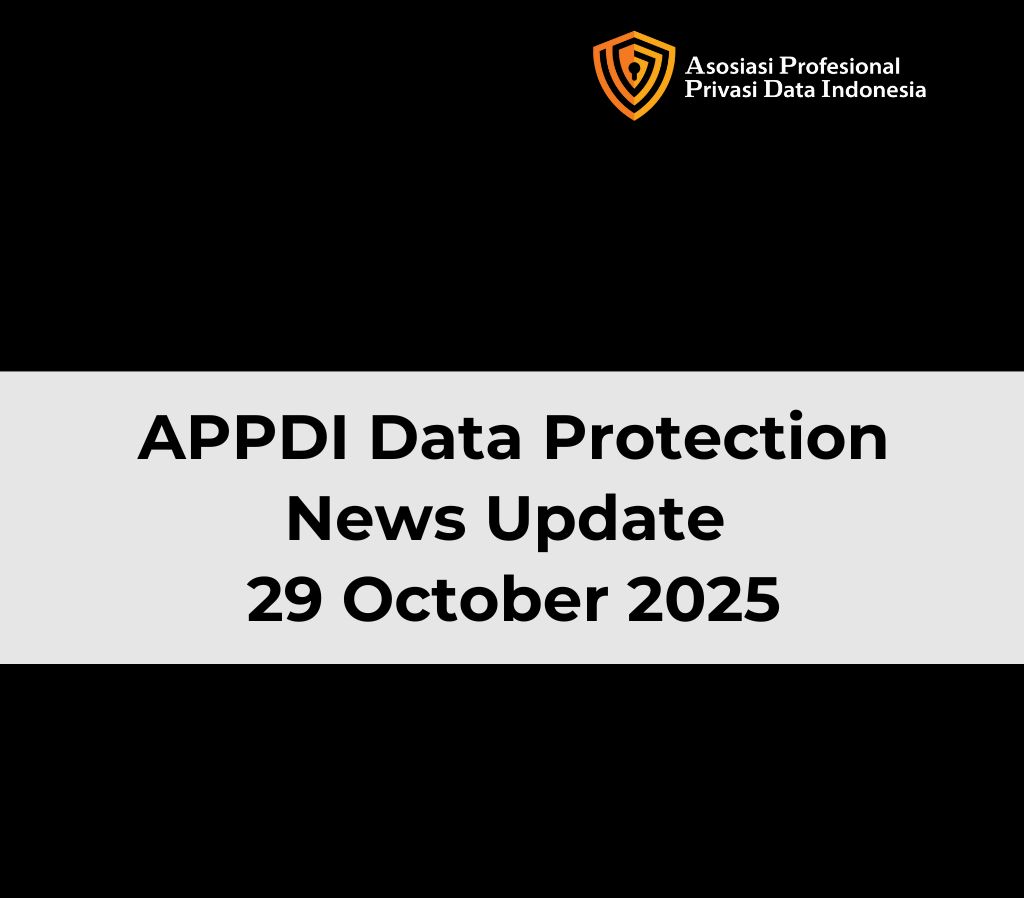
Asosiasi Profesional Privasi Data Indonesia (APPDI) - Data Protection News Update, 29 October 2025
- Komdigi soal Fotografer Memotret...
- Dua Pelaku Tindak Pidana...
- Marina Bay Sands fined...
- Kolaborasi Lintas Sektor Dukung...
- SGS Indonesia Tegaskan Urgensi...
- Telkom Bandung Bersama...
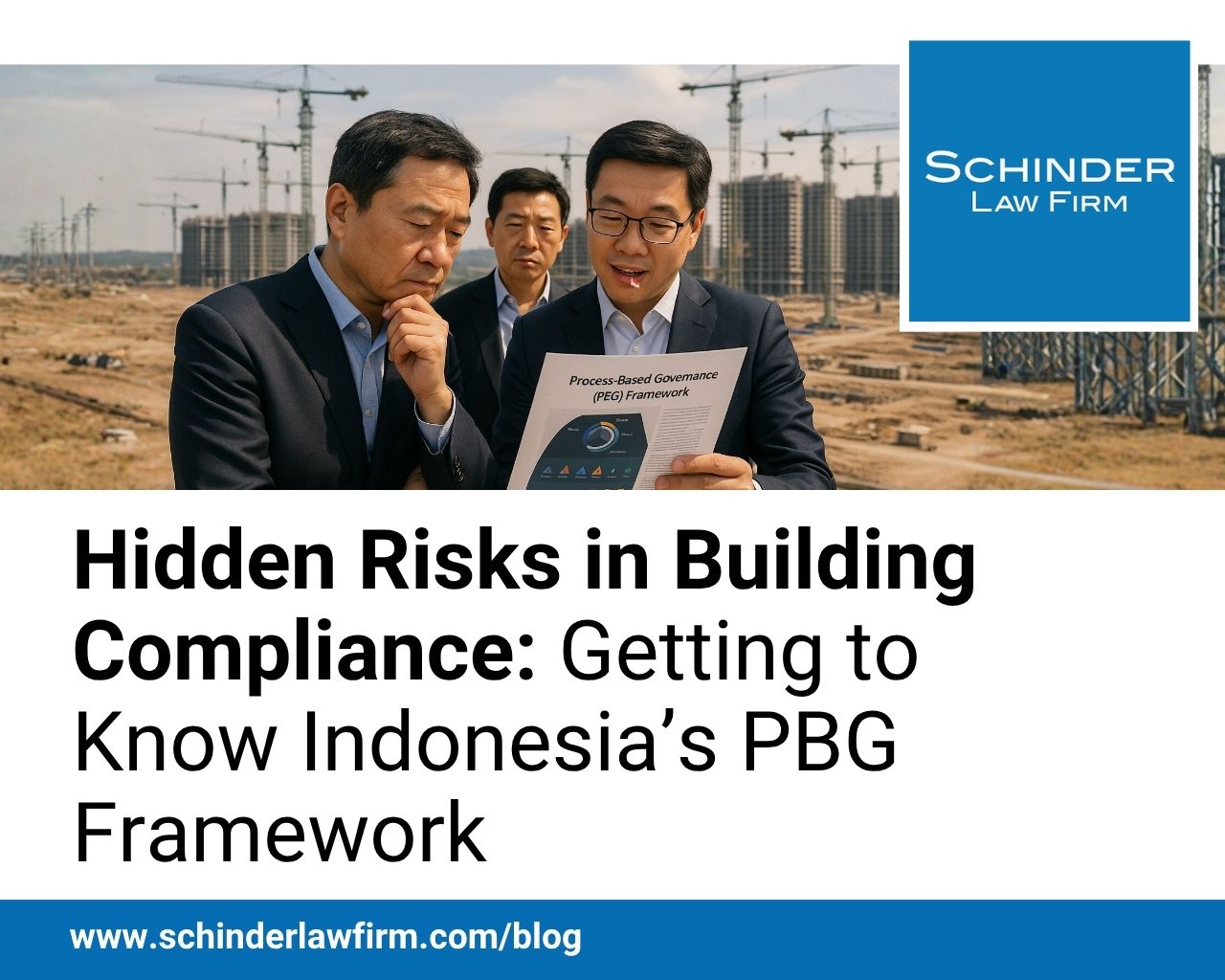
Hidden Risks in Building Compliance: Getting to Know Indonesia’s PBG Framework
As investment from China continues to play a vital role in Indonesia’s property, industrial, and infrastructure sectors, compliance with local construction and building regulations remains essential. One key regulatory requirement for any construction project is obtaining a Persetujuan Bangunan Gedung (PBG)...

Hotel Acquisition in Bali: From Negotiation to Completion - Bali Legal Insights for Global Investors
Bali’s hospitality market remains one of the most attractive investment destinations in Southeast Asia. Yet acquiring a hotel here is far more complex than a simple sale and purchase. It’s a multi- layered legal and commercial process that requires strategic planning...
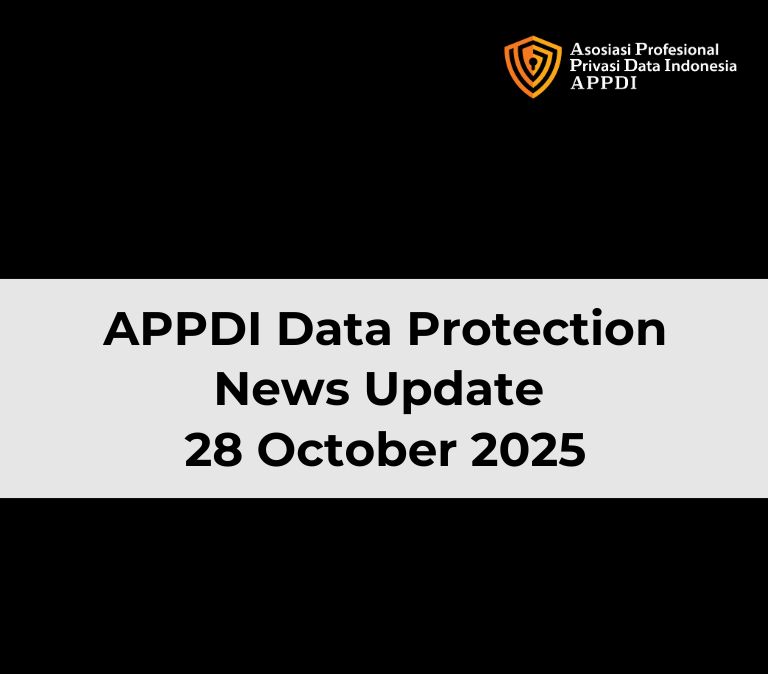
Asosiasi Profesional Privasi Data Indonesia (APPDI) - Data Protection News Update, 28 October 2025
- Judi Online Ancam Keamanan...
- Solusi Key Management Ksmea...
- Foto Pelari Dijual AI...
- Norton Perkuat Keamanan Digital...
- Kasus Data Pribadi Bank...
- Court Finds Public Disclosure...
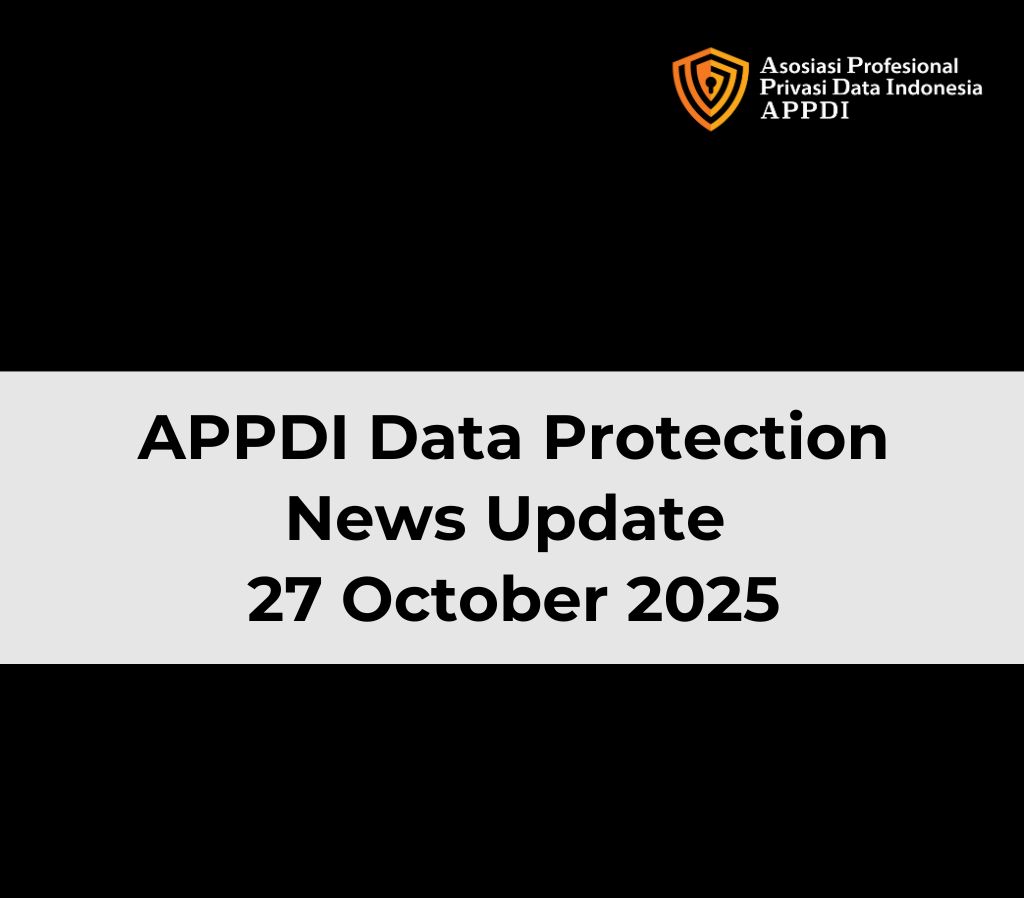
Asosiasi Profesional Privasi Data Indonesia (APPDI) - Data Protection News Update, 27 October 2025
- Tantangan Implementasi UU PDP...
- Waspada Data Pribadi pada...
- Waspada Link Phising Tangerang...
- Big Data dan Etika...
- Landmark Data Breach Penalty...
- Don’t Wait for a Breach...
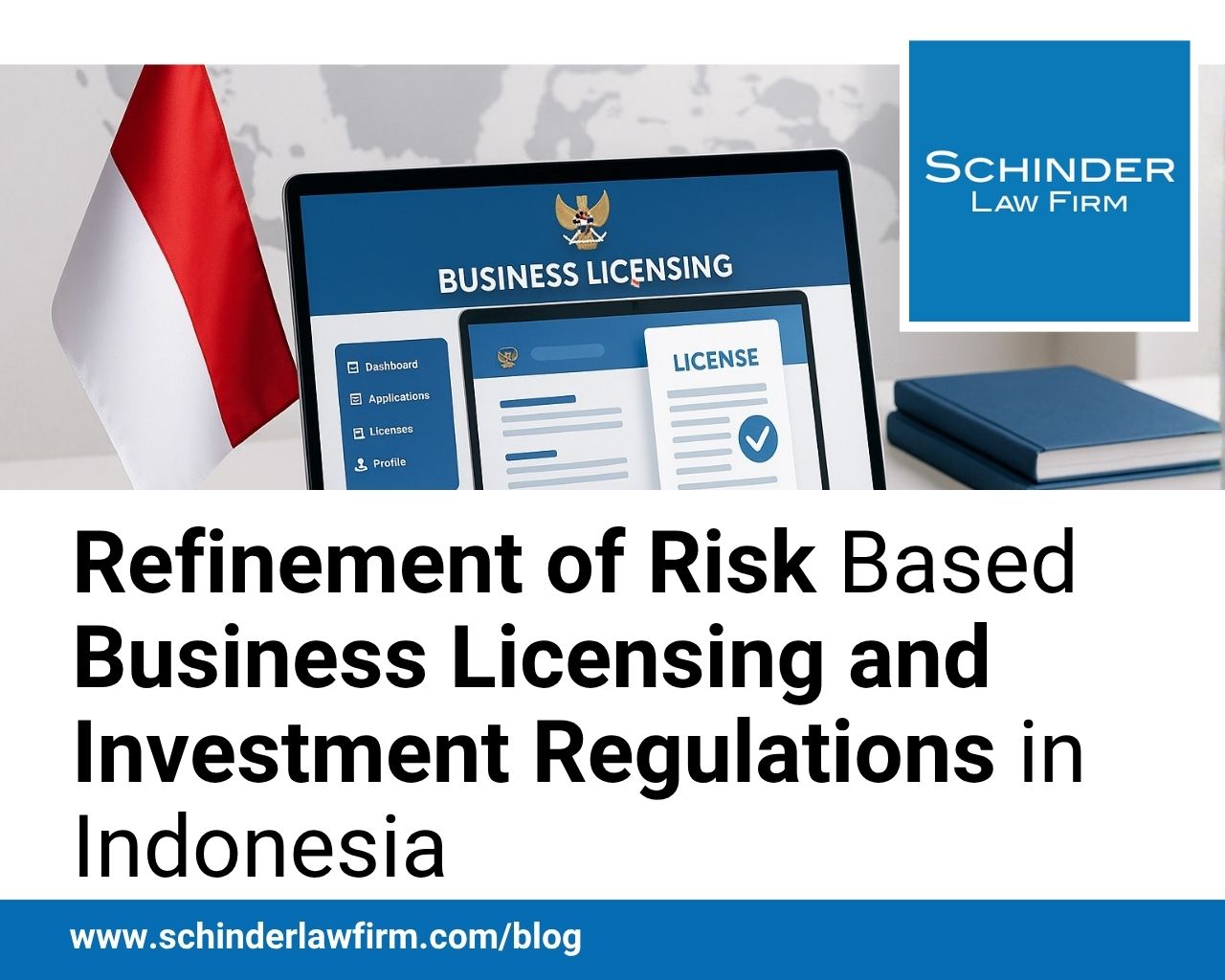
Refinement of Risk Based Business Licensing and Investment Regulations in Indonesia
The Government of Indonesia, through the Indonesia Investment Coordinating Board (BKPM), has issued Regulation No. 5 of 2025 concerning Guidelines and Procedures for the Implementation of Risk-Based Business Licensing and Investment Facilities through the OSS System (“Regulation 5/2025”). This Regulation repeals and supersedes three (3) previous regulations that are no longer in effect, namely:..
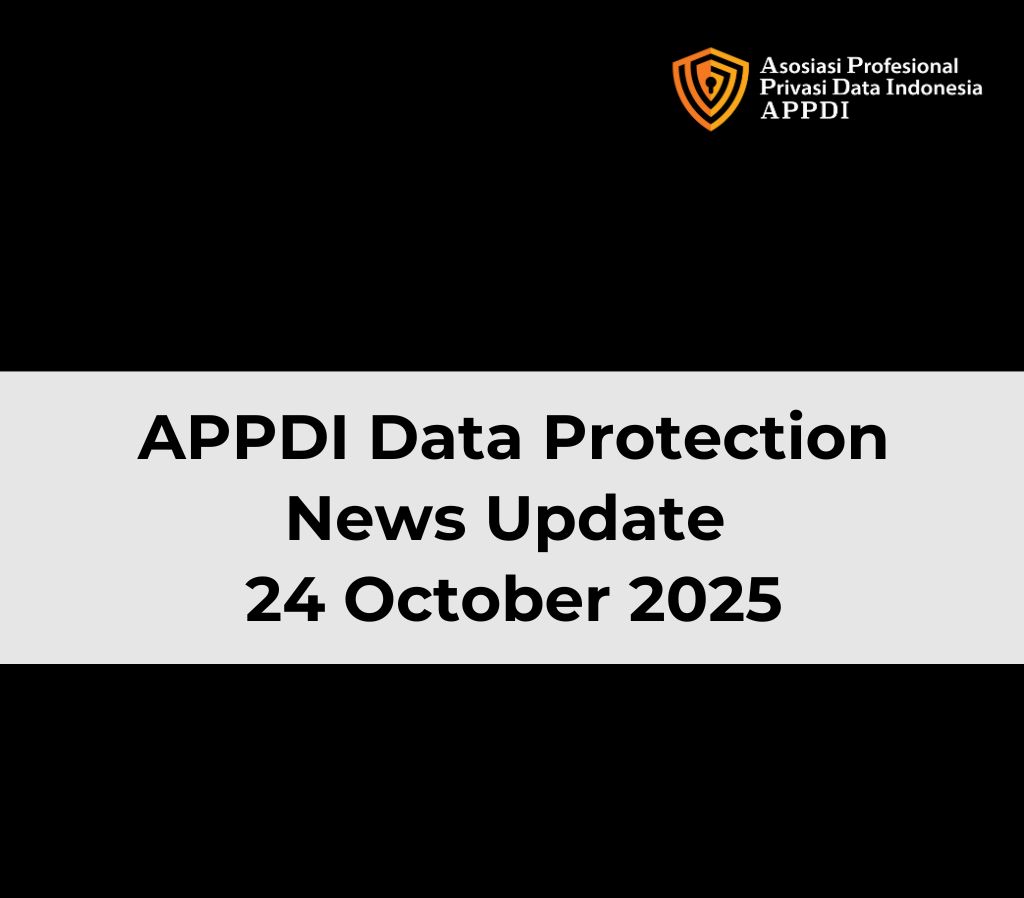
Asosiasi Profesional Privasi Data Indonesia (APPDI) - Data Protection News Update, 24 October 2025
- Pakar Siber Soroti UU PDP...
- Jangan Asal Klik Tips Aman...
- Keterbukaan Informasi dan...
- Toys R Us Canada Notifies...
- Hackers Access Verstappen's...
- Ketahui UU ITE Perlindungan...
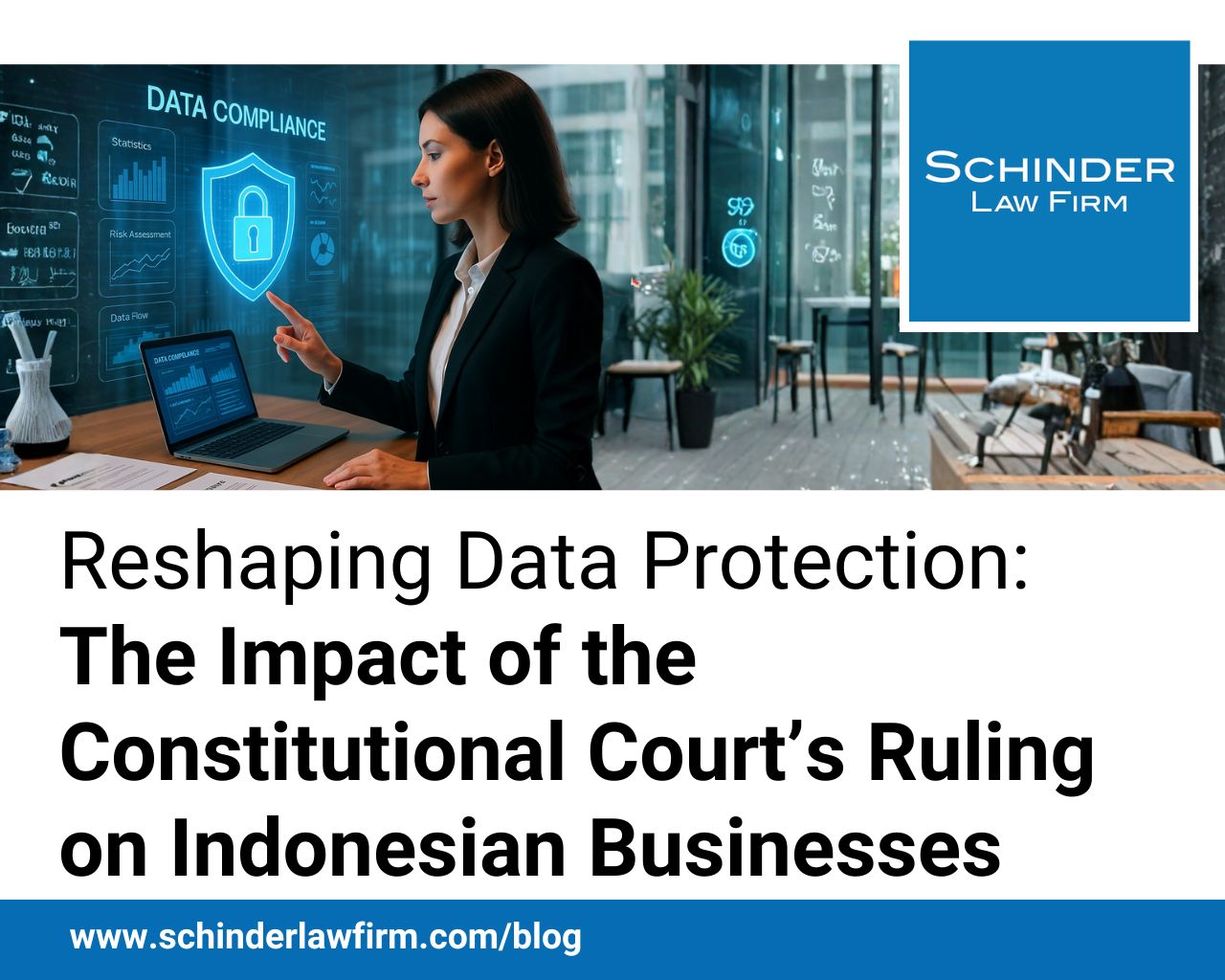
Reshaping Data Protection: The Impact of the Constitutional Court’s Ruling on Indonesian Businesses
In Indonesia’s rapidly evolving data-driven economy, personal data protection compliance has become a key concern for businesses, especially for business actors operating in technology, e-commerce, and financial services sectors. The recent Constitutional Court Decision No. 151/PUU-XXII...

Asosiasi Profesional Privasi Data Indonesia (APPDI) - Data Protection News Update, 23 October 2025
- Data Pribadi Jadi Komoditas Gelap..
- Pakar Soal 3 Tahun UU Data Pribadi...
- Wartawan Jadi Tersangka Karena...
- Record Penalties and Privacy...
- Auction House Sotheby’s Data Breach...
- Privacy Day 2025: Pakar Ingatkan...

Transforming B3 Waste into Business Value: What Foreign Investors Need to Know
As Indonesia strengthens its environmental governance framework, businesses particularly in manufacturing, energy, and extractive industries, are facing increasing regulatory expectations in how they manage Hazardous and Toxic Materials (Bahan Berbahaya dan Beracun or “B3”) waste...
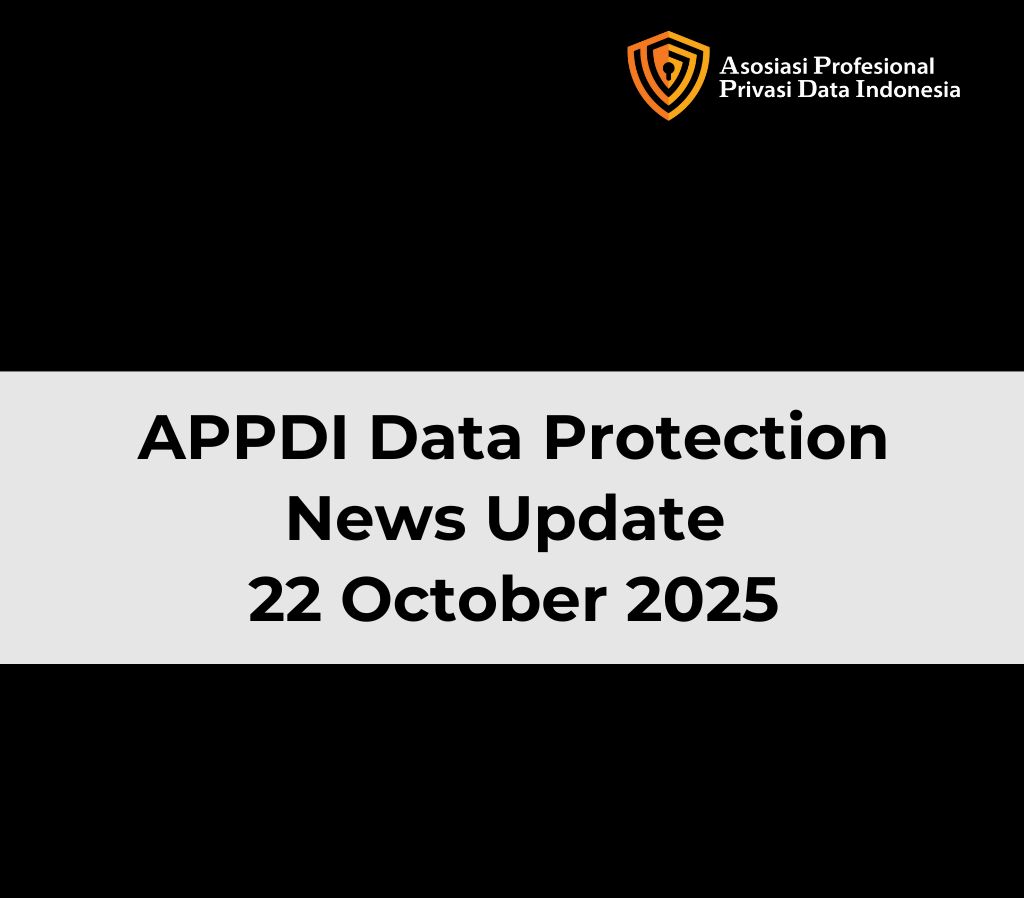
Asosiasi Profesional Privasi Data Indonesia (APPDI) - Data Protection News Update, 22 October 2025
- Implementasi UU Perlindungan Data...
- Penyadapan di Era Digital: Antara...
- Setahun Komdigi Era Prabowo...
- Ahli Siber Ingatkan Pemerintah Badan...
- 70,000 Government ID, Personal...
- Home Security Firm Verisure Reports...
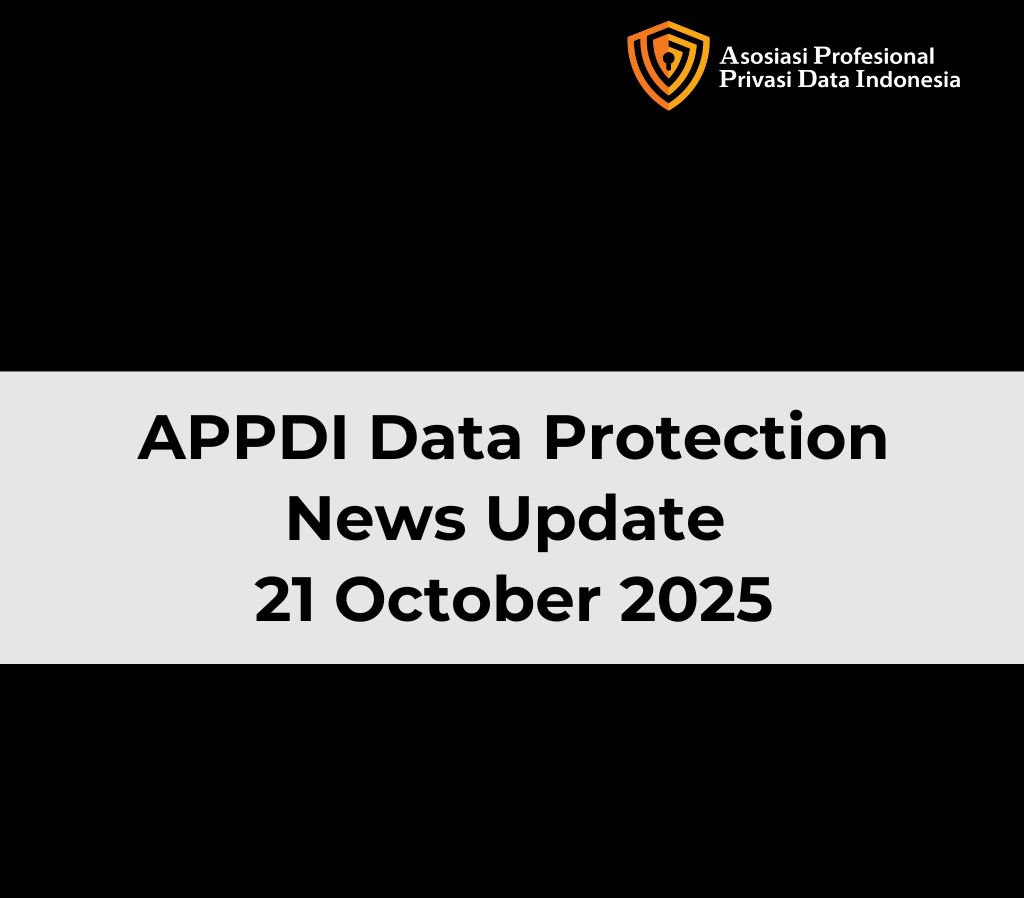
Asosiasi Profesional Privasi Data Indonesia (APPDI) - Data Protection News Update, 21 October 2025
- Wajib Tahu! 5 Tips Aman Menggunakn...
- Urgensi Perlindungan Data Pribadi...
- Perlindungan Data Pribadi di Dunia...
- Prabowo Lambat Bentuk Badan PDP...
- Setahun UU PDP Berlaku, Data Warga...
- A View from DC: A Self-help Book...

Asosiasi Profesional Privasi Data Indonesia (APPDI) - Data Protection News Update, 20 October 2025
- 7 Cara Mengetahui Data Pribadi Bocor...
- Permintaan Solusi Keamanan Siber...
- Data Governance Sebagai Politik...
- China Accuses US of Cyber Breaches...
- The Risks of Artificial Intelligence…
- Pinjam Yuk Tegaskan Kepatuhan &...

Asosiasi Profesional Privasi Data Indonesia (APPDI) - Data Protection News Update, 17 October 2025
- Mencegah Kebocoran Data Pribadi...
- Dua Sisi Mata Pedang Digital...
- Data Privacy and The Brazilian...
- 86% Wisatawan Khawatir Data...
- Menyoal Urgensi Perlindungan..
- Does ACL Data Breach Penalty...
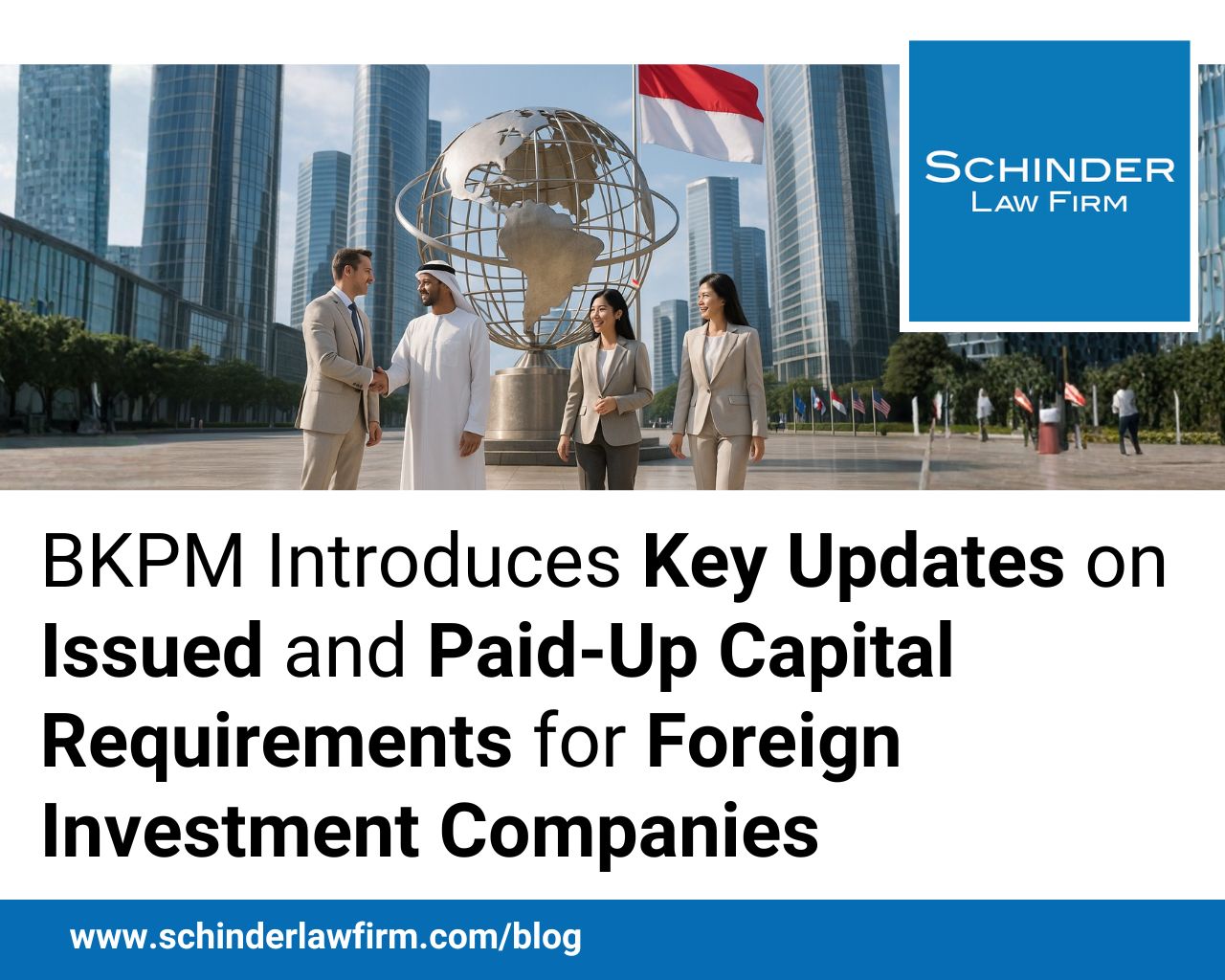
BKPM Introduces Key Updates on Issued and Paid-Up Capital Requirements for Foreign Investment Companies
The Ministry of Investment / Investment Coordinating Board (BKPM) has issued Regulation No. 5 of 2025 on the Guidelines and Procedures for the Implementation of Risk-Based Business Licensing and Investment Facilities through the Online Single Submission (OSS) System (“Regulation 5/2025”), which came into effect on 2 October 2025...
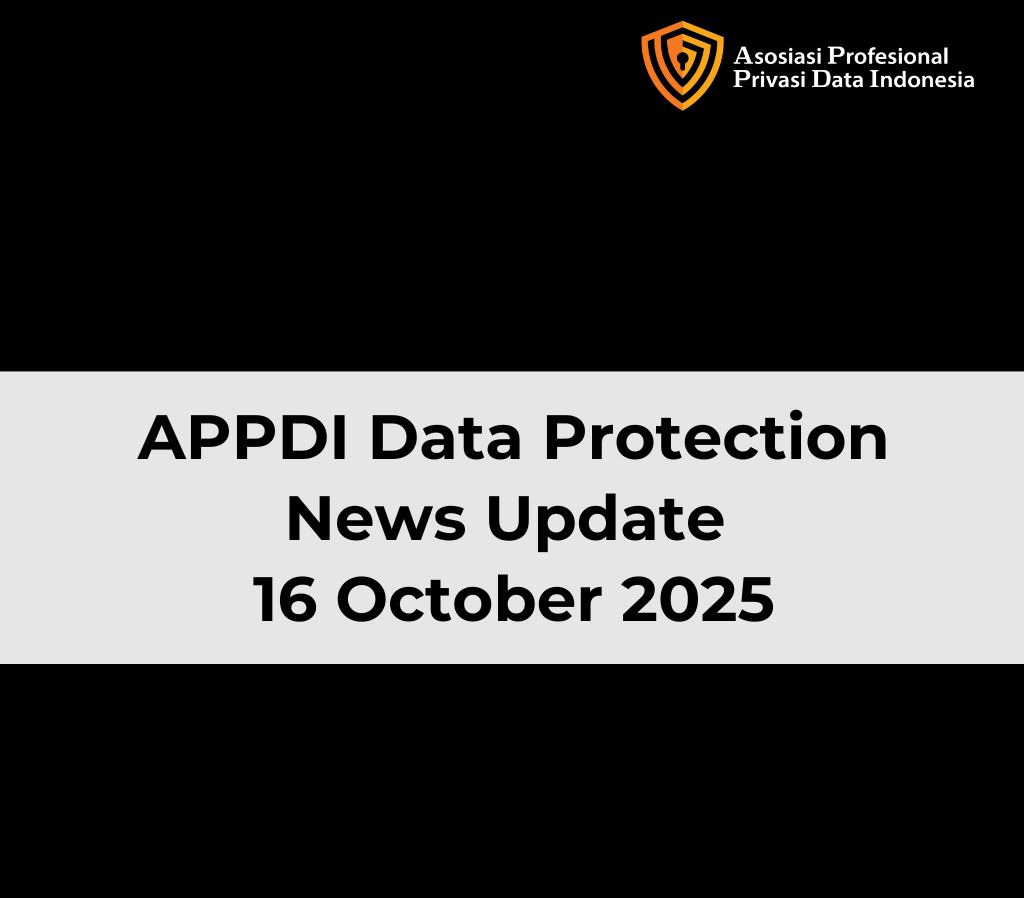
Asosiasi Profesional Privasi Data Indonesia (APPDI) - Data Protection News Update, 16 October 2025
- Menakar Batas Hak Privasi di...
- Waspada, Phising Ancam...
- 5CA Bantah Terlibat dalam Dugaan...
- Pakar Ingatkan Risiko Berbagi...
- Lebih Dari 50% Pengguna...
- Privacy Law's AI Generation...
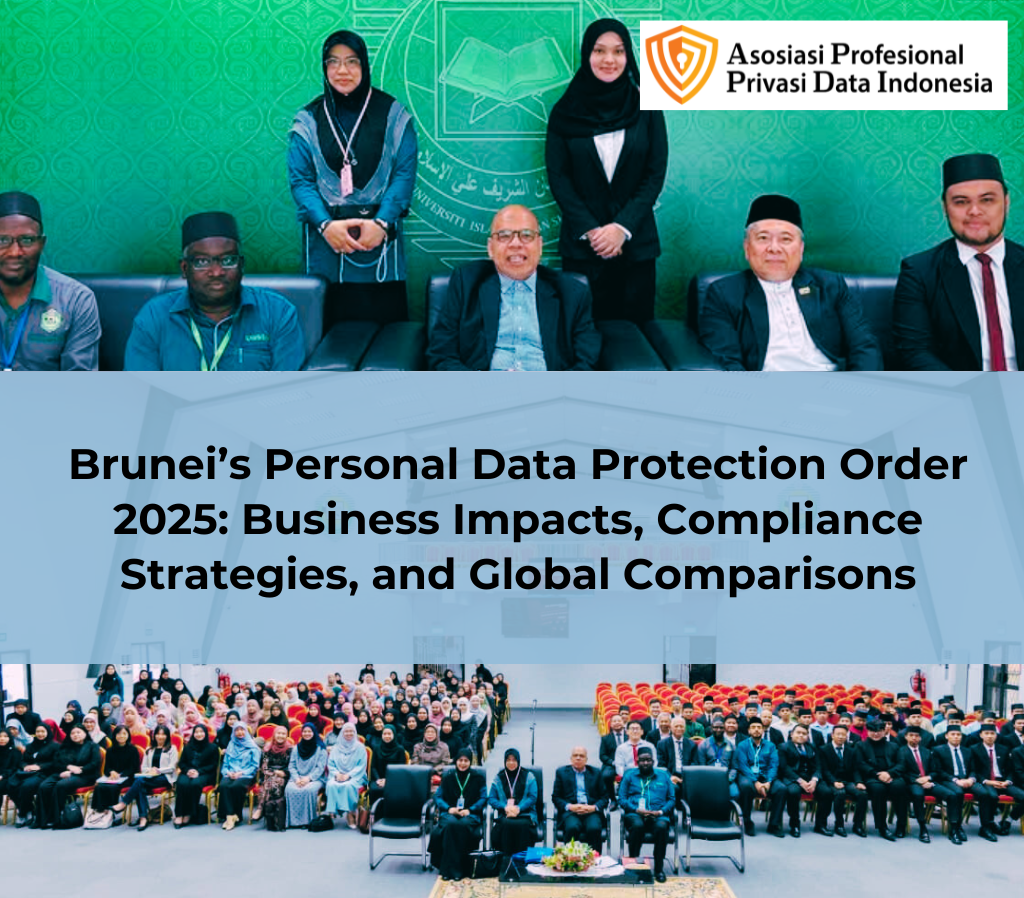
Brunei’s Personal Data Protection Order 2025: Business Impacts, Compliance Strategies, and Global Comparisons
Professor Dr Abu Bakar Munir, an internationally renowned scholar, expert, and consultant in Cyber Law and Data Protection Law, as well as Co-Founder of Asosiasi Profesional Privasi Data Indonesia (APPDI), explained that the Order represents Brunei’s decisive step toward establishing...
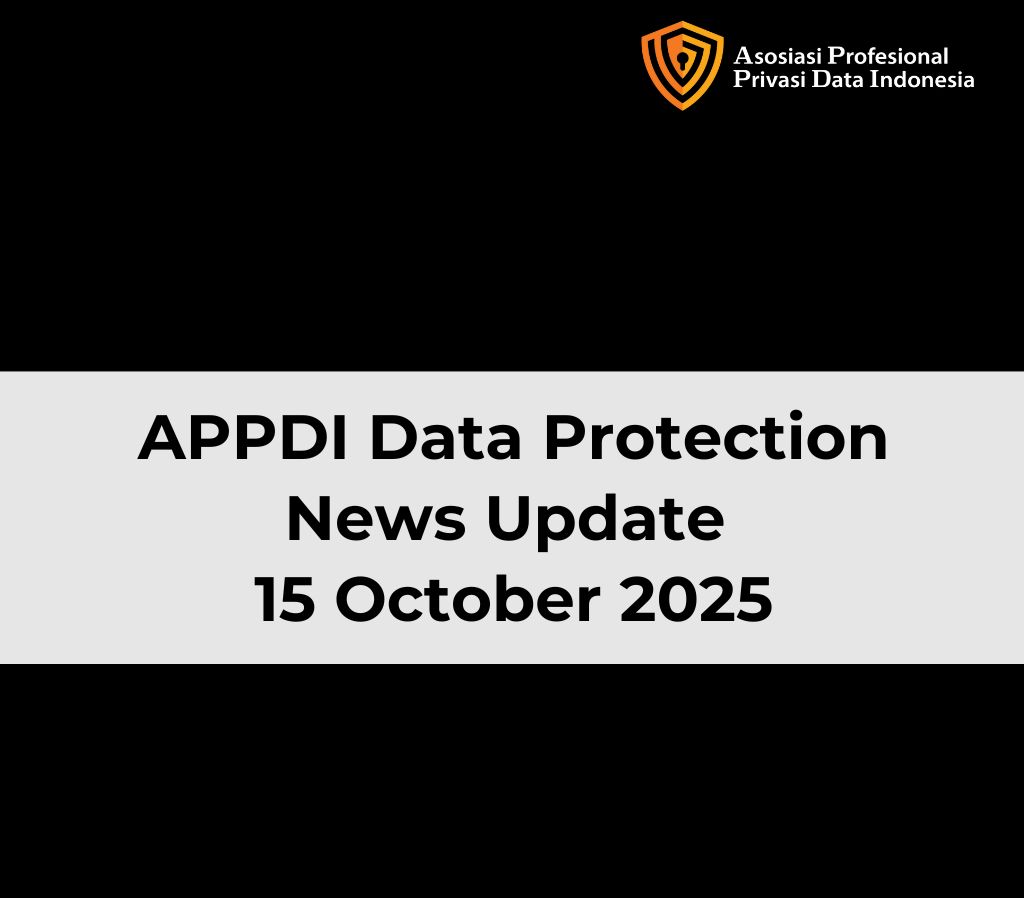
Asosiasi Profesional Privasi Data Indonesia (APPDI) - Data Protection News Update, 15 October 2025
- Waswas Perlindungan Data Pribadi
- Badan Pengawas Data Bocor Belum...
- Alasan Sidi Ahyar Wiraguna Angkat...
- Kekosongan Hukum Perlindungan...
- Seminar Nasional UNSA Kupas...
- Ditjen Dukcapil Kemendagri...